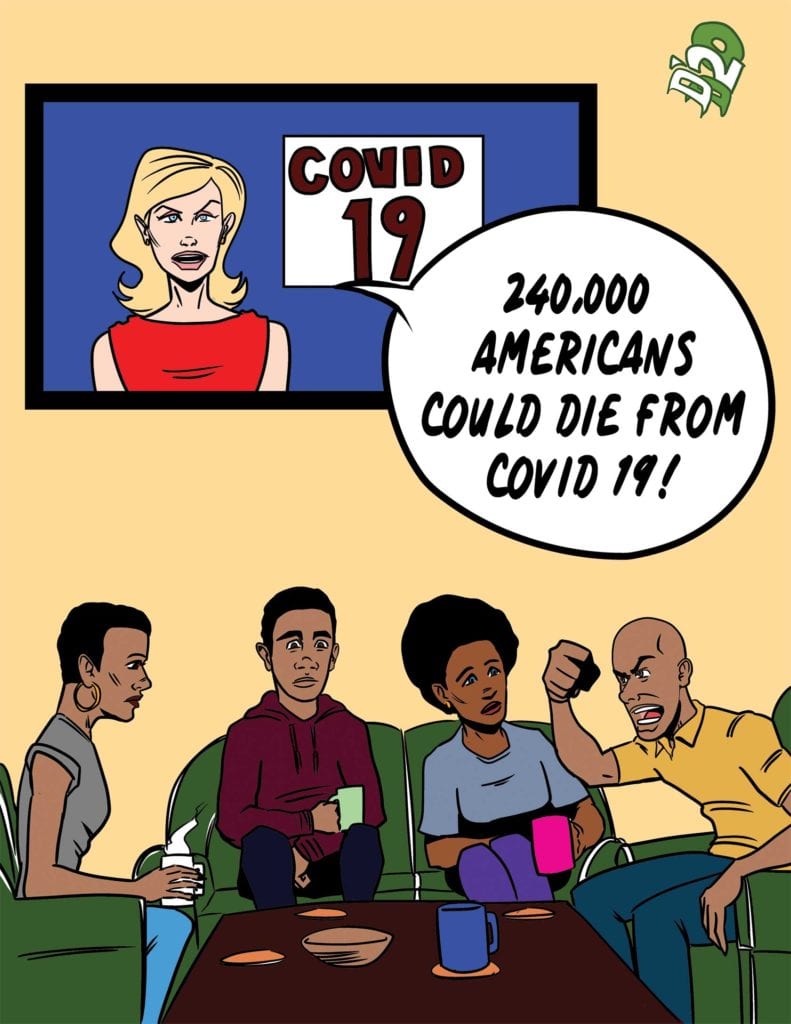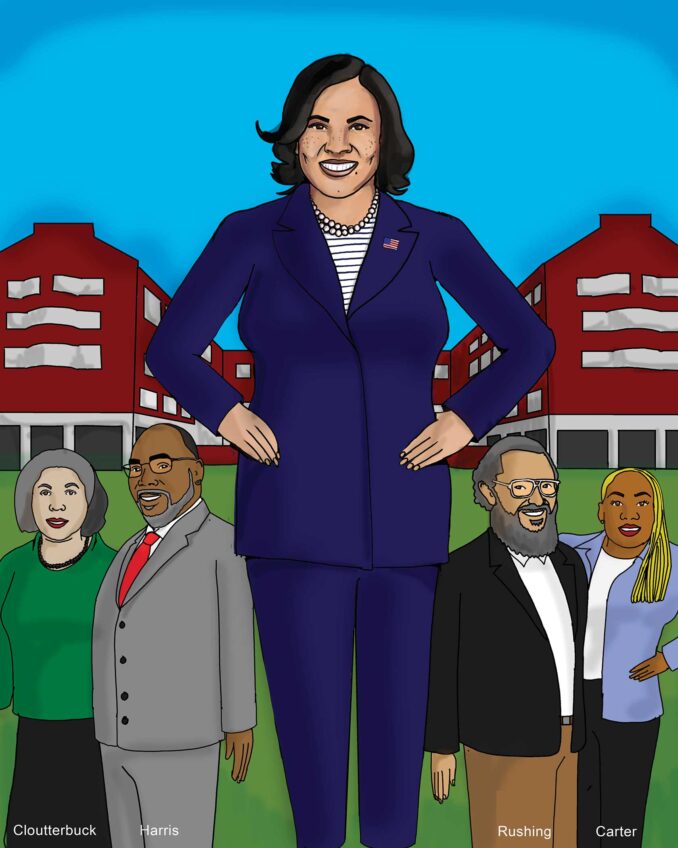
According to the Constitution, “The President shall be Commander in Chief of the Army and Navy of the United States.” That is a customary authority for most nations. However, the Founding Fathers also determined that the president, in his role of commander in chief, would also assume that position over “the militia of the several states, when called into the actual service of the United States.” From the beginning of the Republic, the president was authorized and expected to perform as commander in chief for the states in the time of war and conflict.
This was an extraordinary concession when one considers the great apprehension between the states during the early years of the Republic. This was the time that the American citizens found it necessary to adopt the Second Amendment to assure that residents of every state had the right to bear arms against the potential intrusions of the neighboring states.
Over the years, armed warfare involving the United States has induced citizens to consider a candidate’s potential performance as commander in chief when they are assessing their vote for president. This qualification has often been used in the past to challenge unfairly the capacity of a woman in that role.
No one expects the commander in chief to be able to lead American troops in battle as Teddy Roosevelt did when he was a cavalry colonel, leading his “Roosevelt Rough Riders” to victory at San Juan Hill in the Spanish American War of 1898. Military matters are now managed by the Joint Chiefs of Staff with ultimate oversight by the president. Yet citizens still expect the commander in chief to respect our nation’s heroes, like Sen. John McCain of Arizona, and to maintain the national commitment to “freedom and justice for all” even if that resolution becomes periodically frayed.
One duty that the people continually anticipate is that as the commander in chief, the president will use his office and special authority to protect citizens from harm, just as the militia might have done if they were still vital institutions. Indeed, that is not too much to expect since the police organizations in the various states are committed to “protect the citizens and serve the public.”
The National Emergencies Act enables the president to utilize special authority to cope with emergencies affecting the whole nation. Trump declared a national public health emergency on March 13, 2020 to battle the ravages of the COVID-19 pandemic.
There are differing opinions as to whether Donald Trump has adequately met those responsibilities in protecting Americans from the coronavirus pandemic that is ravaging the world. Trump was late in recognizing the seriousness of the infection. He then failed to require every state to establish social distancing regulations that are presently the only viable remedy. Projections are that up to 240,000 American lives may be lost from COVID-19 before the pandemic is over.
Trump has also failed to intervene aggressively to assure that states afflicted with COVID-19 have ventilators and personal protective equipment for medical personnel and others. Just as national manufacturing capacity during wartime has to be devoted to munitions, America’s production capacity must now be directed toward care for the medically afflicted.
It is appropriate for members of Congress as well as private citizens to evaluate the president’s performance, in his constitutionally established role as commander in chief.






